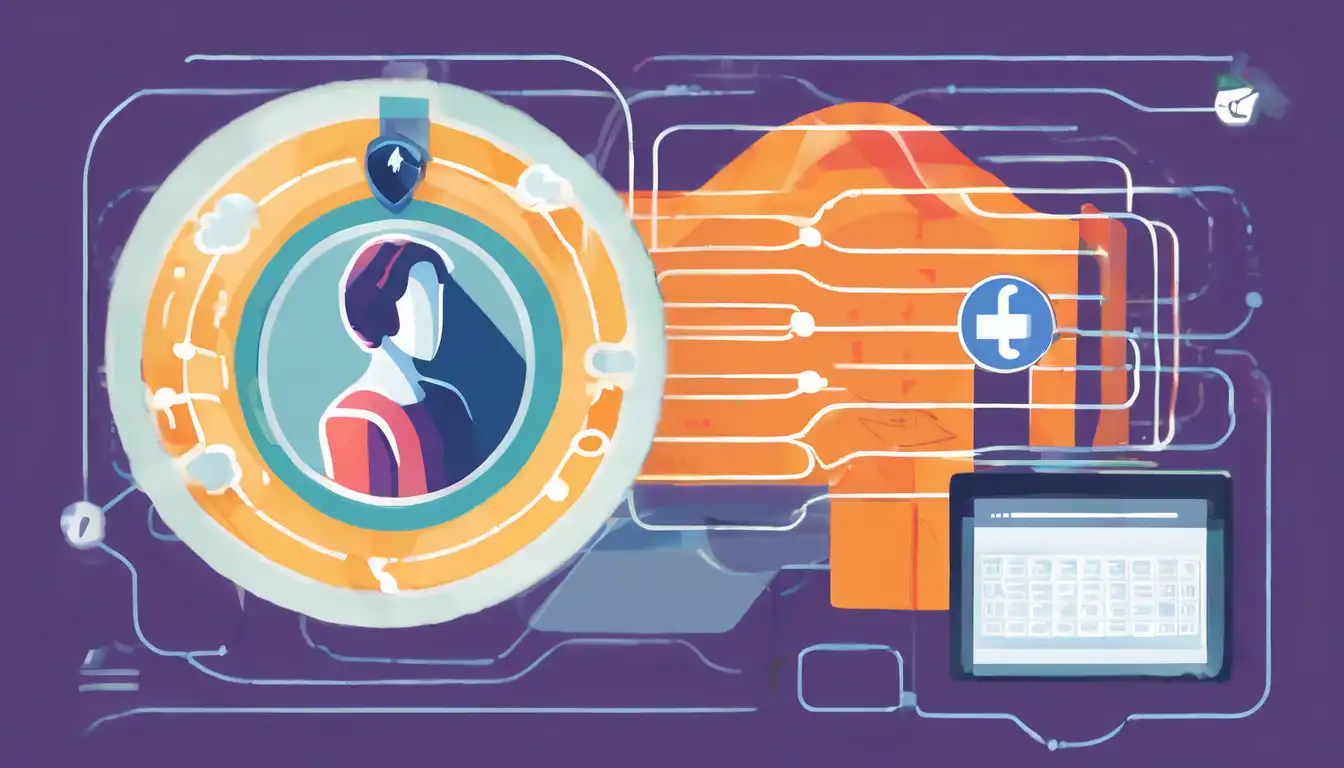Why VPNs Are Crucial for Online Privacy
In today's digital age, protecting your online privacy has never been more important. With cyber threats on the rise, a Virtual Private Network (VPN) serves as a critical tool in safeguarding your personal information. VPNs encrypt your internet connection, making it difficult for hackers, ISPs, and even governments to track your online activities.
How VPNs Work
A VPN creates a secure tunnel between your device and the internet. By routing your connection through a server in a location of your choice, it masks your IP address, making your online actions virtually untraceable. This not only enhances your privacy but also allows you to bypass geo-restrictions and censorship.
Choosing the Right VPN
Not all VPNs are created equal. When selecting a VPN, consider factors such as encryption standards, no-log policies, server locations, and speed. Opt for a reputable provider that prioritizes your privacy and offers robust security features.
Benefits of Using a VPN
- Enhanced privacy and anonymity online
- Secure access to public Wi-Fi networks
- Ability to bypass geo-blocks and censorship
- Protection against data theft and cyber attacks
Online Privacy Beyond VPNs
While VPNs are a powerful tool for protecting your online privacy, they're just one piece of the puzzle. Combining a VPN with other privacy-focused practices, such as using secure browsers, enabling two-factor authentication, and being mindful of the information you share online, can further enhance your digital security.
Internal Links for Further Reading
For more insights on enhancing your online security, check out our guides on secure browsing practices and the importance of two-factor authentication.
Remember, in the realm of online privacy, being proactive is key. By understanding the role of VPNs and adopting comprehensive security measures, you can significantly reduce your vulnerability to cyber threats and enjoy a safer online experience.
